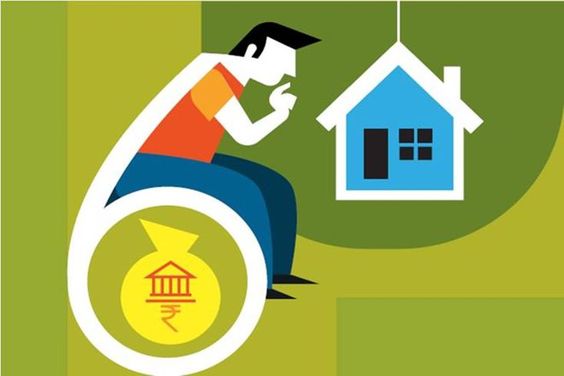
A good credit score is crucial when applying for a loan, as it directly impacts your ability to secure favorable terms and interest rates. Whether you’re planning to buy a home, a car, or need a personal loan, improving your credit score can save you money and make the loan approval process smoother. Here’s a comprehensive guide on how to improve your credit score for a loan.
Understanding Credit Scores
Credit scores are numerical representations of your creditworthiness, typically ranging from 300 to 850. They are calculated based on factors such as payment history, amounts owed, length of credit history, new credit, and types of credit used. Here’s a brief overview of the scoring ranges:
- 300-579: Poor
- 580-669: Fair
- 670-739: Good
- 740-799: Very Good
- 800-850: Excellent
Steps to Improve Your Credit Score
1. Check Your Credit Report Regularly
Start by obtaining a copy of your credit report from the three major credit bureaus: Equifax, Experian, and TransUnion. Review your reports for any errors or inaccuracies, such as incorrect personal information, accounts you didn’t open, or late payments you didn’t make. Dispute any inaccuracies with the credit bureaus to have them corrected.
2. Pay Your Bills on Time
Payment history is the most significant factor in your credit score, accounting for 35% of the total score. Late payments can severely damage your credit score. Ensure all your bills, including credit cards, loans, utilities, and rent, are paid on time. Setting up automatic payments or reminders can help you avoid missed payments.
3. Reduce Your Credit Card Balances
The amounts owed, or credit utilization ratio, is the second most critical factor, making up 30% of your credit score. Aim to keep your credit utilization below 30% of your total available credit. For example, if you have a total credit limit of $10,000, try to keep your outstanding balance below $3,000. Paying down high balances can significantly boost your score.
4. Avoid Opening New Credit Accounts Unnecessarily
Each time you apply for a new credit account, a hard inquiry is recorded on your credit report, which can temporarily lower your score. Multiple inquiries in a short period can signal to lenders that you are a higher risk. Only open new credit accounts when necessary and try to limit the number of applications.
5. Maintain Older Credit Accounts
The length of your credit history accounts for 15% of your credit score. Keeping older accounts open and active helps establish a long credit history. Closing old accounts can shorten your credit history and lower your score. If you must close an account, choose a newer one rather than an older one.
6. Diversify Your Credit Mix
Having a mix of different types of credit, such as credit cards, installment loans, and retail accounts, can positively impact your credit score. This factor accounts for 10% of your score. However, do not open new accounts just to diversify your credit mix; only take on new credit if it makes sense for your financial situation.
7. Become an Authorized User
If you have a family member or friend with a good credit history, consider asking them to add you as an authorized user on their credit card account. As an authorized user, the account’s positive payment history can be reported on your credit report, potentially boosting your score. Ensure the primary account holder maintains good credit habits, as negative activity can also impact your score.
8. Negotiate with Creditors
If you have late payments or outstanding debts, consider negotiating with your creditors. Some may be willing to remove negative entries from your credit report in exchange for payment. This process, known as a “pay for delete” agreement, can help clean up your credit report.
9. Use a Secured Credit Card
If you have a low credit score or limited credit history, a secured credit card can be a helpful tool. Secured cards require a cash deposit as collateral, which typically serves as your credit limit. Using a secured card responsibly and making timely payments can help build or rebuild your credit.
10. Monitor Your Credit Regularly
Continuously monitoring your credit can help you stay on top of any changes or suspicious activity. Many services offer free credit monitoring, which can alert you to significant changes in your credit report. Staying informed allows you to address issues promptly and keep your credit score in check.
Conclusion
Improving your credit score is a gradual process that requires consistent effort and good financial habits. By checking your credit report regularly, paying your bills on time, reducing your credit card balances, and being strategic about new credit accounts, you can boost your credit score and enhance your chances of securing favorable loan terms. Remember, a higher credit score not only increases your loan approval odds but also saves you money in the long run through lower interest rates and better loan conditions.
Would you like to include any specific tips or personal anecdotes to make the article more relatable?